Oceans
-
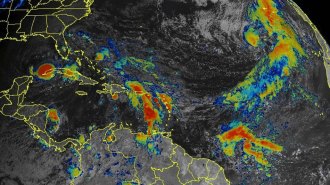 Earth
EarthWith Theta, 2020 sets the record for most named Atlantic storms
Climate change is expected to fuel fewer — yet more intense — Atlantic storms. With a whopping 29 storms but few strong ones, 2020 may be an outlier.
-
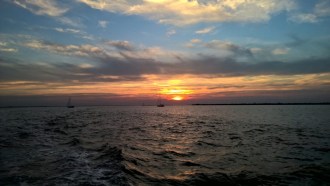 Oceans
OceansEven the deepest, coldest parts of the ocean are getting warmer
Deep-sea temperatures seem to be rising, but it’s too soon to say whether that’s a result of climate change caused by humans, researchers say.
-
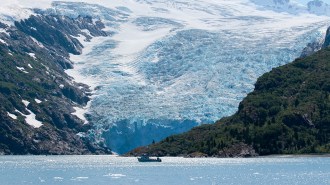 Oceans
OceansLarge-scale changes in Earth’s climate may originate in the Pacific
A new study suggests that the melting of Alaska’s glaciers into the North Pacific could have far-ranging effects on ocean circulation and the climate.
-
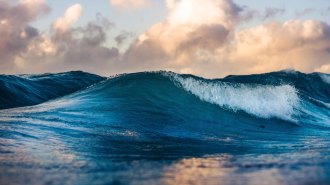 Oceans
OceansUnderwater earthquakes’ sound waves reveal changes in ocean warming
A new technique uses the echoes of earthquakes in seawater to track the impact of climate change on the oceans.
-
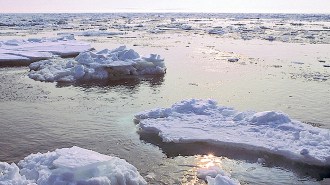 Climate
ClimateBering Sea winter ice shrank to its lowest level in 5,500 years in 2018
Peat cores that record five millennia of climate shifts in the Arctic region suggest recent ice loss is linked to rising carbon dioxide levels.
-
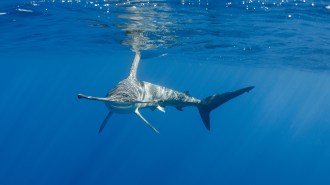 Oceans
OceansSpecies may swim thousands of kilometers to escape ocean heat waves
A new analysis of ocean heat waves shows latitude matters when it comes to how far fish and other sea species must go to find cooler waters.
-
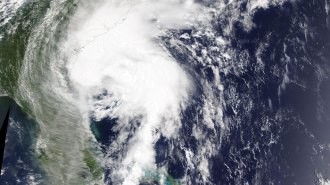 Earth
EarthPredictions for the 2020 Atlantic hurricane season just got worse
Wind patterns and abnormally warm seawater are conspiring to create especially hurricane-friendly conditions in the Atlantic.
-
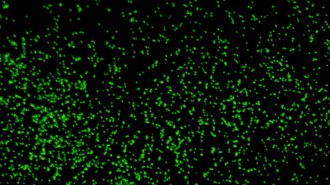 Oceans
OceansThese ancient seafloor microbes woke up after over 100 million years
Scientists discover that microbes that had lain dormant in the seafloor for millions of years can revive and multiply.
-
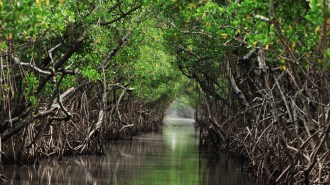 Climate
ClimateRapid sea level rise could drown protective mangrove forests by 2100
Mangroves have kept up with rising water so far, but new research reveals their limits.
-
 Life
LifeNeon colors may help some corals stage a comeback from bleaching
When some corals bleach, they turn bright colors. Stunning hues may be part of a response that helps the corals recover and reunite with their algae.
-
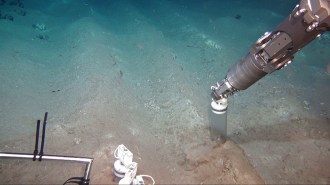 Oceans
OceansDeep-sea mining may damage underwater ecosystems for decades
Microbe communities in the seabed off Peru still haven’t fully recovered from being disturbed by a deep-sea mining experiment 26 years ago.
-
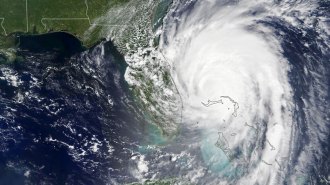 Earth
EarthForecasters predict a very active 2020 Atlantic hurricane season
Warmer ocean temperatures could fuel a very active Atlantic hurricane season, with one forecast predicting 18 named storms, including nine hurricanes.